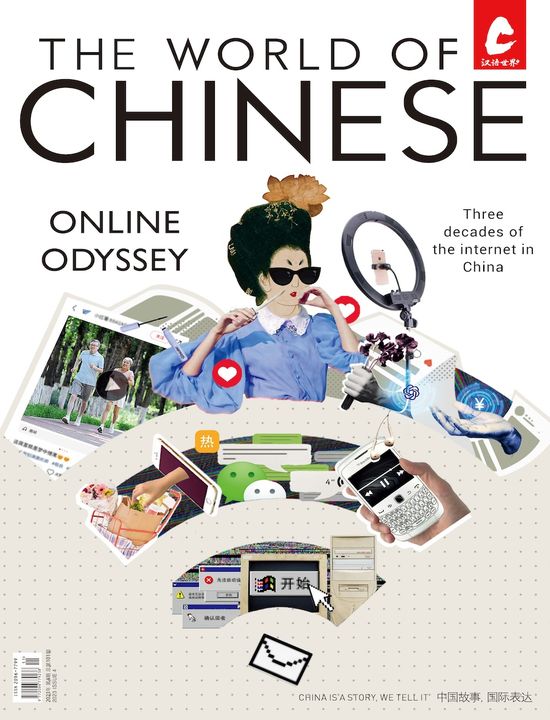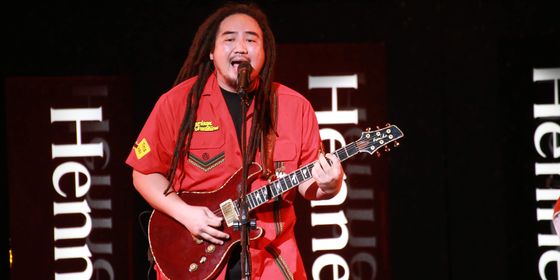Taiwan popstars no longer dominate the mainland’s music scene; could the island’s indie bands replace them?
Recalling her childhood growing up in a small town in the southwest of Sichuan province, Shu Zhan remembers the soundtrack of her school years coming from artists who produced their music 1,500 kilometers away to the east. “I started listening [to pop music] when I was ten years old, around 2004 or 2005,” Shu, who now works as a data analyst in Shanghai and asks to be known by a pseudonym, tells TWOC. “Kids around my age in the area were all about Jay Chou, S.H.E, Wang Leehom, Show Luo, JJ Lin.”
All these artists had one thing in common: they made their music in Taiwan.
Back then, in the 1990s and early 2000s, Taiwanese music and pop culture was the mainstream on the Chinese mainland and throughout Asia. Fast-forward to the present, and while the now 43-year-old Jay Chou (周杰伦) still fills out stadiums for live shows, Taiwanese pop no longer dominates the mainland’s increasingly competitive music market.
Yet Taiwan acts are in the midst of a second coming, having found a new niche for themselves in an indie scene on the mainland now awash with bands from the island. The growth is fueled by mainstream reality shows focused on indie music and a growing interest in live music, with acts such as alternative synth-pop outfit Sunset Rollercoaster selling-out mainland tours year after year, and Hokkien band Eggplantegg amassing over a billion plays on music streaming platform NetEase with their heart-wrenching rock ballads.














